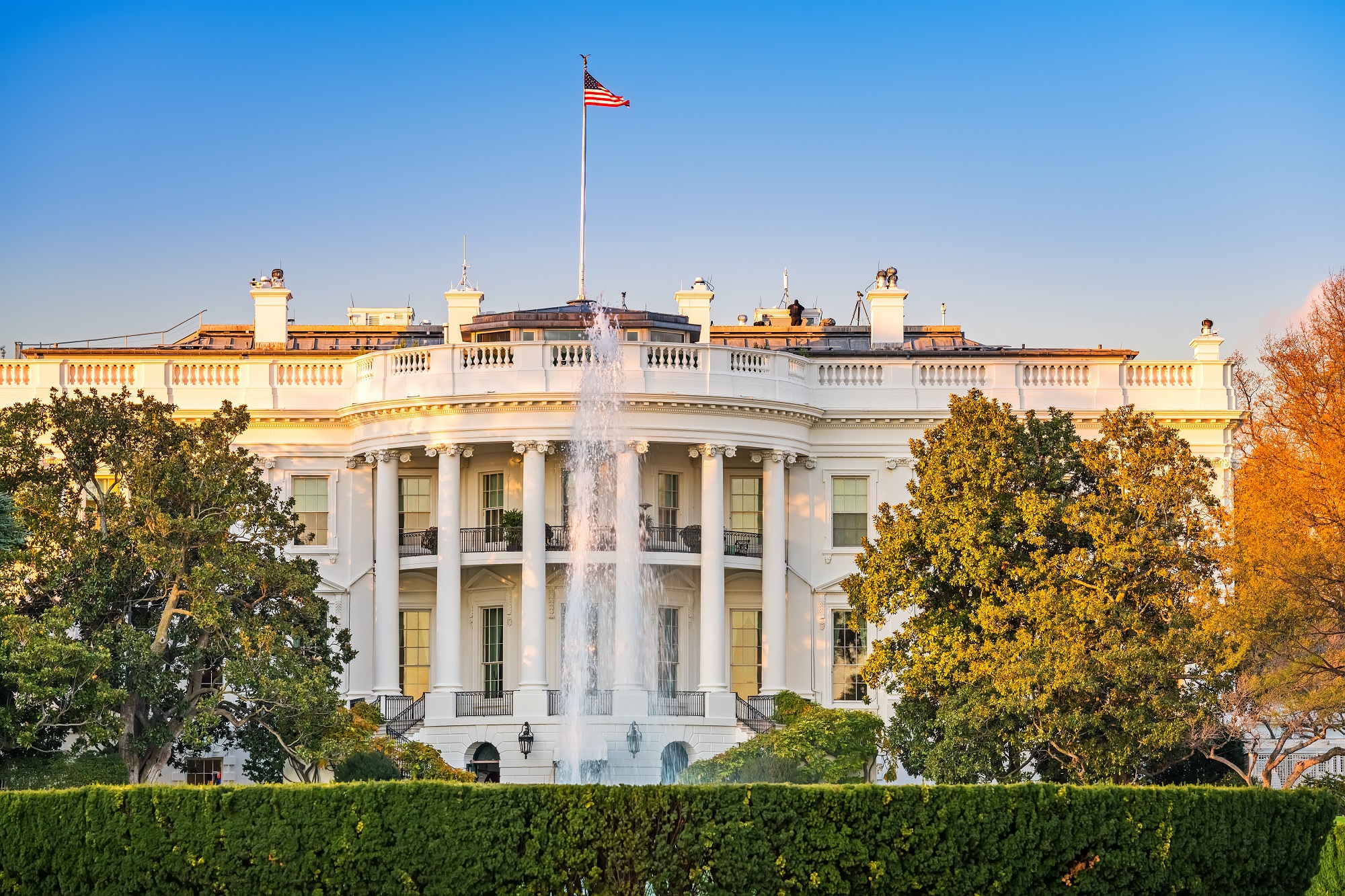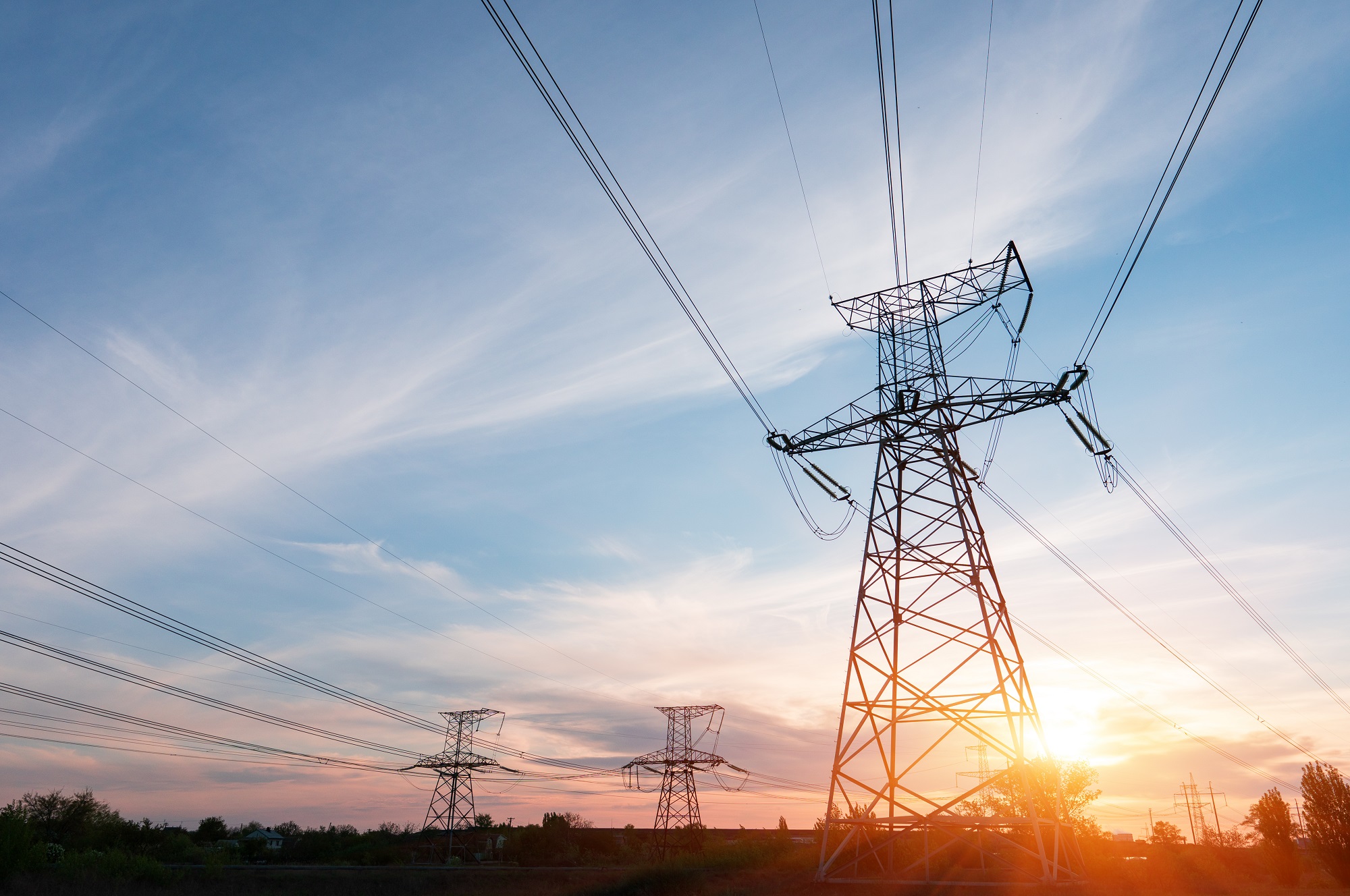Brazil Hosts ‘Most Sustainable World Cup’ Yet: True or False?
Let's Save Energy
Alliance to Save Energy's Blog
Brazil Hosts ‘Most Sustainable World Cup’ Yet: True or False?

World Cup fever is in the air. Whether you’re an avid soccer (or fútbol) fan or not, the buzz surrounding one of the world’s largest sporting events is undeniable. The 2014 FIFA World Cup takes place in Brazil from June 12 to July 13 for an exciting month of matches between teams from 32 nations. With the millions of fans expected to flock to Brazil for the highly-anticipated event, energy-saving enthusiasts around the world are probably all wondering the same thing: how will Brazil approach their energy usage?
With a major surge in energy consumption expected across the 12 host cities, Brazil has taken steps towards saving energy. For example, the country is utilizing LEED certified GE flood lighting to brighten the playing fields at 5 of the 12 arenas. 2,000 energy-efficient lights will help brighten 28 of the 64 World Cup matches taking place in the LEED certified arenas. The Castelao Arena in Fortaleza is not only LEED certified, it’s also solar-powered, has designed restrooms to limit water use by 67.6%, and plans to reduce its annual energy consumption by 12.7%.
With millions of visitors flying to the country and billions more broadcasting the matches on television, Brazil’s Environment Minister Izabella Teixeira said that this year’s World Cup is expected to add 1.4 million tons of carbon to the atmosphere. To help compensate for these emissions, Brazil has launched a low carbon initiative asking for donations from companies with carbon credits from the UN’s Clean Development Mechanism (CDM) in exchange for sponsorships. This program plans to help counteract the emissions resulting from travel and from building the stadiums.
To aid sustainable tourism, the Ministries of Environment and Tourism of Brazil and the United Nations Environment Programme (UNEP) have released The Green Passport campaign. Accessible by mobile application and online website, Green Passport provides tourists with advice on how to lessen their environmental impact while traveling specifically for the World Cup in Brazil as well as for future tourist activities.
The American Council for an Energy-Efficient Economy ranked Brazil as the 10th most energy-efficient nation among the world’s 12 largest economies. There have also been many claims that Brazil will harbor the most sustainable World Cup yet. However, while the country has clearly made strides in energy efficiency, efforts may not produce as strong of results as anticipated. As a newly industrialized country with a highly criticized government, Brazil is not exactly equipped to address all of the environmentally conscious demands associated with hosting such a large-scale event. In the months leading up to the tournament, citizens have protested the use of taxpayer money. Many believe the government should be investing the money in schools, public transit, and other resources instead of the World Cup.
In response, many have argued that host countries should utilize existing sports infrastructure for the matches and accommodate more local ticket sales in order to eliminate the need for reconstruction. A major flaw is also that these sustainable and energy-saving practices are only partially applied to the arenas and only in select host cities.
After the World Cup is over, these installations will not make a significant impact in helping the region recover from the aftermath of the event’s effect on the environment and wasted energy. In order to make a substantial impact, organizers in the next host country should plan to apply efficiency standards to all arenas and to their infrastructure as a whole. Overall, there is definitely room for improvement when it comes to taking energy efficiency to a whole new level for the next World Cup.
STAY EMPOWERED
Help the Alliance advocate for policies to use energy more efficiently – supporting job creation, reduced emissions, and lower costs. Contact your member of Congress.
Energy efficiency is smart, nonpartisan, and practical. So are we. Our strength comes from an unparalleled group of Alliance Associates working collaboratively under the Alliance umbrella to pave the way for energy efficiency gains.
The power of efficiency is in your hands. Supporting the Alliance means supporting a vision for using energy more productively to achieve economic growth, a cleaner environment, and greater energy security, affordability, and reliability.



